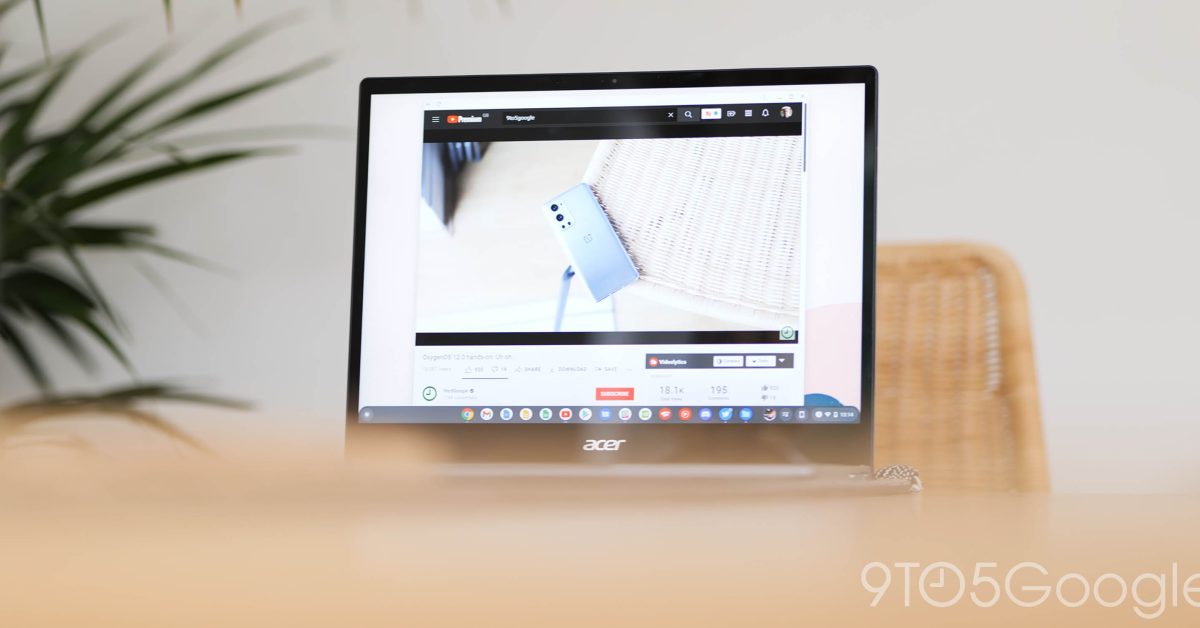We Should Immediately Nationalize SpaceX and Starlink
-
I took one look at you describing the "liberating" of Poland by the soviets because some of it belongs to different modern day countries and new you weren't arguing in good faith. Invading another country and stealing their land doesn't magically become """liberation""" just because it was stolen by someone else first.
You can use this same logic to excuse the nazi invasion of certain countries as well.
doesn't magically become """liberation""" just because it was stolen by someone else first
No, it becomes liberation when majority-Ukrainian regions oppressed under the Polish nationalist state without any mode of representation, recognition of their language, and under bourgeois rule, instead obtain Ukrainian representation and institutions and recognition of its language as an official language. I assume you would know this since you seem to care so much about Ukrainians?
-
This post did not contain any content.
Best time would've been when he pulled that stunt in Ukraine, second best time is now
-
Nice 30-year-old Fox News talking points you got there. Time to go to bed, grandpa.
What points are you talking about exactly?
-
We shot a space telescope half way to the sun and are observing the dawn of the entire universe.
And you just wanna see a bigger penis rocket

Sending something one way into space isn’t hard. Having it come back is. Having it, and all the parts that it took to get it there and back, be safely returned to earth and able to be reused is stupidly hard.
-
Again someone who thinks that public policies are natural laws...
NASA could do and did do what SpaceX is doing now, but they are beholden to the government and if the government says "we don't do that for ideologigal reasons" then it doesn't matter what can be done.
Ideological reasons? You think nasa hasn’t made reusable self landing rockets and boosters because of ideological reasons?
-
You think the state of NASA isn't caused by privately funded politicians?
So you think those privately funded politicians should be in charge of the state of SpaceX?
-
This post did not contain any content.
Throw Musk in prison for his many documented crimes, but don't support this kind of dictator shit.
-
You say "failed", engineers say "ok what have we learned and what can we improve/fix from this?". These launches are tests. Every single launch is testing every single part of the hardware and software. Tests failing isn't a bad thing, as it helps you fix problems and make things better.
They are years behind schedule and obscenely over budget on this testing. They're not even making new technology here, they are just cheaping out on the builds to funnel money into their own pockets.
-
This post did not contain any content.
I wouldn't nationalize anything long as the orange could possibly profit off it
-
The precedent that will set and the implications
and what precedent is there for dealing with the executive of your country's entire space launch infrastructure when they become dependent on horse drugs?
No really, what's the precedent here, I want to know. Because if we set a precedent by ignoring it until the problem is impossible to ignore, that's gonna be a far more expensive fix.
So yeah, yeah we should consider this very strongly.
If the government actually nationalized SpaceX, the precedent would be insane. You’d be telling every private company working in defense, infrastructure, or tech that if they become too essential, the government might just take it. Doesn’t matter how much risk or capital they fronted.
SpaceX isn’t just launching rockets for fun—it’s practically a branch of the U.S. space program at this point. GPS, Starlink for military comms, launching classified payloads, putting astronauts in orbit. If we nationalize that over a political pissing match between Trump and Musk, we’re basically saying innovation is conditional on obedience.
And let’s be honest—once you do this to SpaceX, you open the door to doing it to AWS, Tesla’s energy grid systems, Google’s AI infrastructure. Any private company that gets too important suddenly becomes “too critical to stay private.” That’s a fast track to killing private innovation in sectors where we need it most.
If Trump’s threatening funding, and Musk is threatening to walk, and the public’s response is “just take the company,” then we’ve officially politicized the tech-industrial base. That’s not governance, that’s dysfunction.
Nationalizing SpaceX would be a Cold War move in a modern economy. It might feel good in the moment, but long-term, it's a terrible idea.
-
Not the person you commented on, but think about the reason why people are wanting SpaceX to be nationalised when NASA exists and is already Government owned.
SpaceX is light years, pardon the pun, ahead of NASA. If SpaceX was taken over by the government, SpaceX would likely end up like NASA as it would be taken over by the same people and have mountains more red tape in order to do anything. It would destroy SpaceX and put space exploration back decades.
SpaceX is getting the government funding NASA doesn't anymore.
-
They're just following in the footsteps of Comcast. The FCC gave SpaceX/Starlink $885.5 million to provide rural broadband after they gave Comcast over $1 billion less than 5 years ago to do the same thing. Starlink actually works out there from what I understand, so I guess that's something.
Works is a strong word. It's a better choice than dialup or Hughesnet, but that's damning with extremely faint praise. If you need to rely on it you might be in trouble. There are still gaps in the coverage where you will be dropped for a while.
-
So you think those privately funded politicians should be in charge of the state of SpaceX?
No, the private funding of politicians, which nowhere in the world happens as thoroughly or blatantly as in the US, is another issue to solve. It's companies pushing for privatization of services that they sabotage first to show that the government doesn't do well with them. It's like the postal service headed by that Trump appointee that was a big cheese in a transport firma. I forgot his name.
-
But they specifically don't want to do that because ensuring a 5 year service life means you are required to continue buying more satellites from them every 5 years. Literally burning resources into nothingness just to pursue a predatory subscription model.
It also helps their case that LEO has much lower latency than mid or high orbit but I refuse to believe that that is their primary driving concern behind this and not the former.
LEO does offer legitimate advantages not just to latency but also for minimizing the abandoned space junk left in orbit. The satellites will deorbit fairly quickly after running out of fuel.
Though I'm sure you're correct about the main reason for the choice.
-
Errr... am I mistaken? This is the first time I'm hearing about nationalizing SpaceX and it's from Jacobin....
Does Jacobin make a habit of calling people communists? Pretty sure they advocate for socialist positions usually....

big spiderman pointing at spiderman vibes if true
Jacobin is a late 18th early 19th political spectrum. It is not relevant to this situation.
-
I hate tankies, but not as much as I hate Nazis. Desperate times call for desperate measures. We’re losing 100 years of social advancement. But here you are telling us to protect the fucking corporations that are sucking them up.
This is a false dichotomy. We don't have to accept either Nazis Marxists. Fuck them both, there other options out that are much better.
-
LOL "We should NOT be like them."
And then starts talking about health insurance. What health insurance?
You can only dream of being like Cuba.
But your shithole country keeps licking the boots and are good little servants of the oligarch ruling class.
And that's great, you deserve all you get, all you do is comlain and cry about it online anyway.Cuba is a shithole by every definition of the word. The only people in the world who think Cuba is decent are brainless Marxists online. Even Cubans don't agree with your delusions.
-
Tankies
boy howdy you've got the entire strawman army mustered in this thread.
It seems like you don't know what that term means
-
Yep that's my point. Not everything needs be a business.
My point is that this can be and is often done without nationalizing entire sectors of the economy
-
yeah but if SpaceX becomes NASA then what
Which is the advantage of SpaceX. As it is people are looking to cut money for NASA. Still, NASA has always subcontracted out, so absorbing SpaceX does not seem like it might change much (outside of public opinion)





